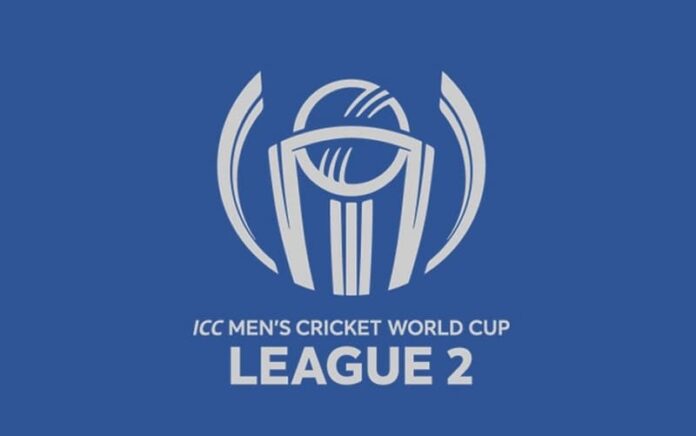The ICC Men’s Cricket World Cup League 2 is underway and we are seeing an unfamiliar set of teams playing cricket. Even though they have been around for years, we have not seen them competing with bigger teams. This article will discuss who are these Associate Teams and how they have placed themselves in cricket scenes internationally.
With UAE, USA, Scotland playing series that has shown some promising growth, it feels like the right time to talk about these countries and their status in world cricket as associate members.
Associate Members are the cricket-playing countries that have a strong and well-organized cricket culture yet do not qualify for Full Membership. There are 94 Associate Members in the organization. Until 2019, all Associates were eligible to compete in the World Cricket League, an ICC-run tournament of international one-day cricket.
Along with other administrative requirements of the national governing body, an associate member must meet the following criteria:
- Play in a structured competition or competitions with a minimum of 16 senior teams and 16 junior teams.
- At least eight cricket grounds must be accessible, four of which must have a permanent pitch.
The fact that they are non-Test-playing nations is the fundamental reason they do not qualify as Full Members. The ICC World Cricket League allows associates to compete. The league’s top six associate members are given ODI and T20I status and are permitted to play against the Full Members.
There are 106 ICC members as of July 2021, with 12 Full Members and 94 Associate Members.
The ICC awards Associate Members One Day International status based on their performance in the World Cricket League, which was replaced in 2019, and ODI status now goes entirely to teams competing in the newly formed ICC Cricket World Cup Super League and ICC Cricket World Cup League 2. The Associate teams with ODI status include Nambia, Nepal, Netherlands, Oman, Papua New Guinea, Scotland, United Arab Emirates, and the United States.
Several affiliate boards and cricketers have complained to the ICC about the main cricket body’s poor financing and lack of support. Many players have also shown concerns to the ICC, but their requests have never been honored.
Many countries without ODI status that had planned to host or participate in an international tour had to cancel their plans due to a lack of funds. Without any broadcasters, generating enough cash to cover the costs of flying overseas, player and support staff salaries, and match arrangements while still making a profit does not appear conceivable.
It is to be kept in mind that the lesser experienced teams playing other mediocre teams might not help them build a stronger team but it is important for ICC to consider playing the associate members with full-time members to gain popularity in those nations and hence grow the sport in various countries apart from nations it is already established in.


